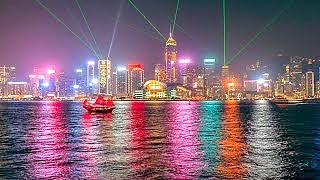Bonus films - WuJiang Village ...
WanFeng Forest ...
[320],shadow=true,start=,stop=FanJing Mountain ...
[320],shadow=true,start=,stop=
Live more ...
 Beautiful scenic areas in GuiZhou province
Beautiful scenic areas in GuiZhou provinceBonus films - WuJiang Village ...
WanFeng Forest ...
[320],shadow=true,start=,stop=FanJing Mountain ...
[320],shadow=true,start=,stop=

|
Great video !
Song by Pharrell Williams ...
Bonus film : hop in for a drive around ShenZhen ...
|

|
HuangShan lies in AnHui province, east China, to the west of HangZhou.
|

|
Bonus film - QingDao (a port city south east of BeiJing) ...
Bonus film 2 - TianJin (a port city a little to the east of BeiJing) at Christmas ...
Bonus film 3 - MiuMiu Guitar girl ...
|

|
Opens in (early to mid) January and February (roughly, depending on the weather).
LóngQìngXiá lies not so far from Beijing city.
|

|
SiChuan province.
Filmed at the ChengDu Panda Base and the BiFengXia Panda Base.
|

|
The world's largest, with BeiJing a close second.
With Jason / Living in China ...
And ShenZhen ...
|

|
|

|